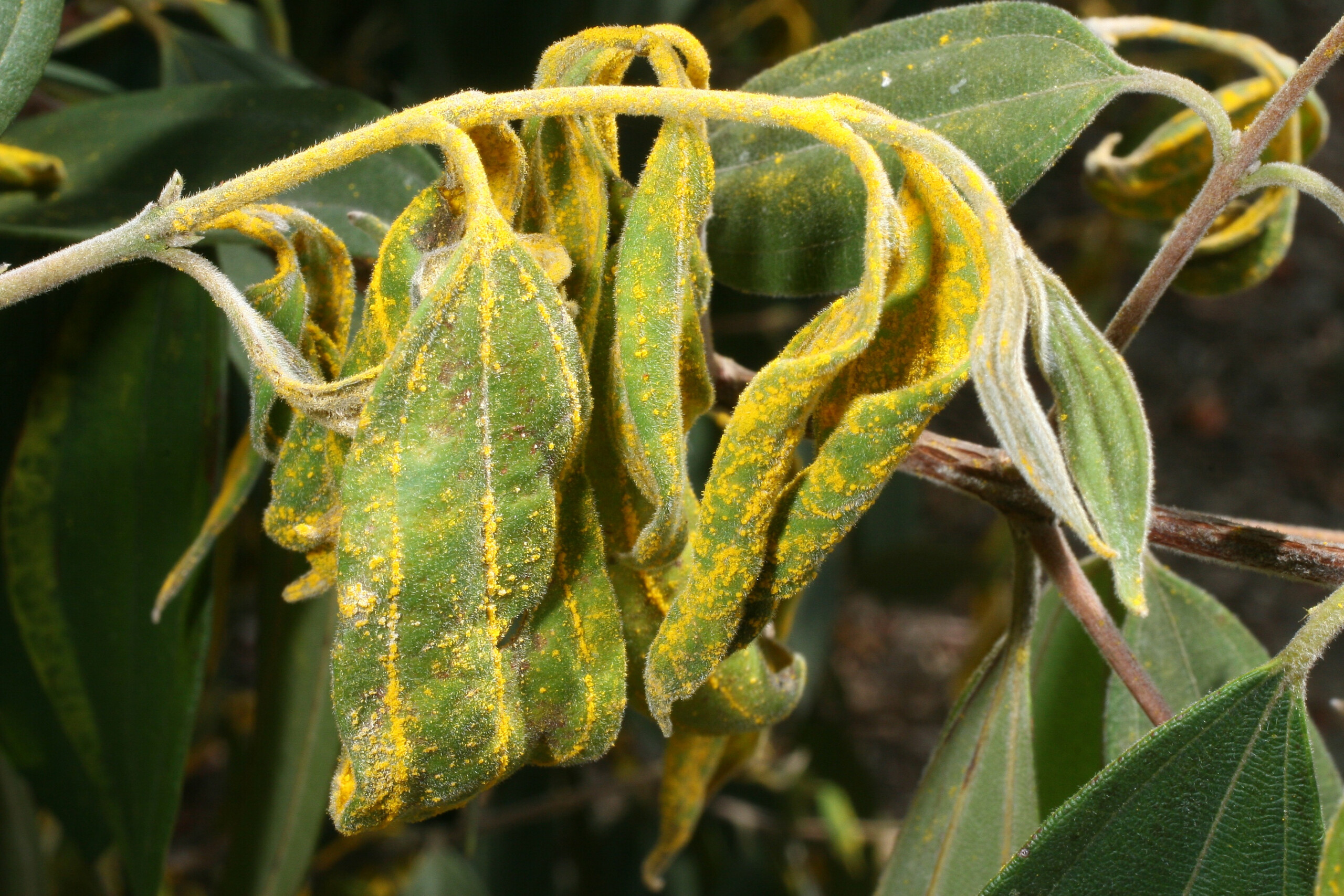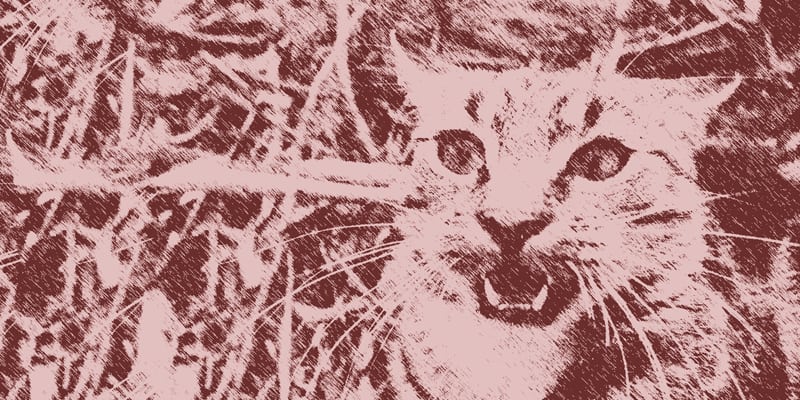The Invasive Species Council is warning that a popular ornamental plant still sold in Australian nurseries poses a far greater threat to native landscapes and farm productivity than previously understood – with new research showing it has the potential to spread much further and more destructively than expected.
Gazanias, brightly coloured daisies native to South Africa, have long been recognised as an environmental weed. But a new La Trobe University study has found they are even more invasive than feared – with seeds capable of thriving in almost any Australian environment, from coastal dunes to cropping paddocks.
‘Gazanias are not only overrunning native grasslands, coastlines and roadsides – they are moving into grain production areas, choking out crops and costing farmers,’ Invasive Species Council Advocacy Manager Imogen Ebsworth said.
‘Gazanias are the perfect example of an escaped invasive garden plant that needs to be banned from sale. They are already banned in South Australia but it’s clear we need them pulled nationally. I urge the nursery industry to act on this new evidence and stop selling it.
‘We are calling on Australia’s governments to prioritise action on stronger national coordinated regulation to prevent garden plants from being sold and escaping into the bush.
‘We’ve seen this story unfold far too many times. Ornamental plants that turn into unstoppable weeds, costing us billions in control efforts and wiping out native species in the process.
‘Escaped garden plants are the primary source of new weeds in Australia. An incredible three-quarters of all listed weeds started out as ornamentals. That’s not a Bunnings problem or a rogue nursery problem – it’s a regulatory failure.
‘To date, self-regulation has failed. We are relying on everyday Australians to either have a botany degree or realise they need to research legally sold plants to find out if they are a weed. That’s a system designed to fail.
‘More than 30,000 plant species have been imported into Australia for gardening, but fewer than a quarter have been assessed nationally for their weed risk. Some of our worst invasives – like lantana and blackberry – were once common garden plants.
‘We’ve spent decades relying mainly on self-regulation, which just doesn’t work. You can still legally buy plants that are banned in neighbouring states or overseas.
‘Unless governments act, we’ll keep selling the next lantana, the next gazania, straight into our backyards and bushland.
‘Last year, former environment minister Tanya Plibersek secured national agreement to develop a Threat Abatement Plan (TAP) to tackle invasive garden plants. Now stepping into the role, Murray Watt has a golden opportunity to show real leadership in collaborating with state and territory governments to get on with the job and fix this broken system.
‘We are calling on governments to take immediate steps to phase out high-risk species like gazania from nurseries and online marketplaces.
‘With thousands of beautiful, non-invasive plants available, gardeners can still have great gardens and nurseries can still prosper – without fuelling Australia’s weed crisis.’
Media inquiries: (02) 8006 5004.
Background:
- The study – published in Frontiers in Agronomy – tested Gazania seeds collected from across southern Australia and found they could germinate under extreme heat, cold, drought, salinity and even deep burial. This environmental flexibility makes it one of the most invasive and resilient weeds now threatening Australia’s natural and agricultural systems.
- Gazanias are currently regarded as environmental weeds in several states but are still commonly sold online and in garden centres.
- Escaped ornamental plants make up more than 70% of Australia’s environmental weeds.
- Weeds cost Australia over $5 billion a year in agricultural and environmental damage.
- First imported to Australia in the 1950s and 1970s as a low-maintenance garden plant, gazanias have since spread via garden waste, lawn clippings and seed dispersal. They are now invading roadsides, open grasslands, stream banks and even national parks.








